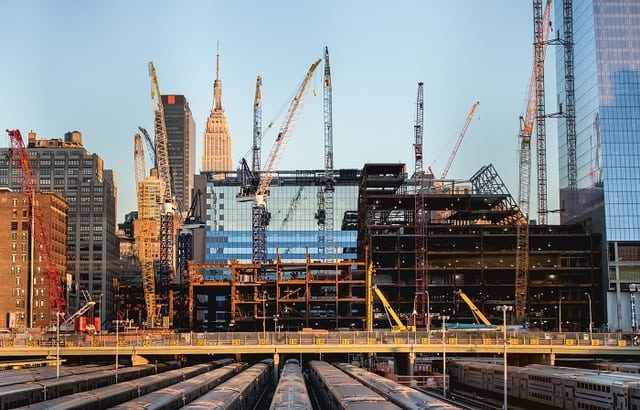From that standpoint, it sounds like the little guy, the individual investor, is the real loser here. But what drove this investor behaviour in the first place? Maybe they were buying into the stream of good news about Carillion winning work without taking a proper look under the bonnet? Or perhaps some were tempted by the absurdly cheap price tag?
Hargreaves Lansdown’s own senior analyst Laith Khalaf thinks that while some of the retail platform’s investors held Carillion by virtue of holding a broad portfolio, others were probably banking on a major turnaround story.
“I suspect there are some investors who allocate a certain portion of their portfolios to turnaround situations. Perhaps some of those investors became interested in Carillion when it entered difficulties, when we had the share price collapse.”
In other words, they were hopeful of sharing in the upside risk, under the belief that “things would turn out better than expected”.
Here, a quote from Warren Buffett seems apropos: “Price is what you pay. Value is what you get.”
Clean up on aisle five
Following the liquidation of Carillion, the government has said it will provide the “necessary funding” to “maintain the public services carried on by Carillion staff, subcontractors and suppliers”.
After the bailout of Richard Branson’s Virgin East Coast rail project, Carillion’s collapse is yet another mess that the government probably wishes it didn’t need to clean up. But it seems to be largely a hell of its own making, especially considering that it issued £2bn worth of contracts to Carillion despite indications that the firm was already biting off more than it could chew.
In addition to the 43,000 Carillion employees whose jobs are threatened by the firm going into administration, Monday’s news is undoubtedly unsettling for the firm’s pension scheme members, given the £580m pension deficit overhang.
While most suspect the Pension Protection Fund will come to the rescue and shoulder some of the residual burden, Nigel Green, CEO of the deVere Group, says this “should trigger alarm bells for pension savers across the UK as it puts a huge question mark over the fate of yet another major pension fund”.
And realistically, “how many more big hits can the PPF take?” he asks.
“The fact of the matter is that despite rising stock markets and a positive global economic outlook, companies – including some of the biggest brands and household names – are severely struggling to fund their pension funds for a variety of reasons. These include, among other factors, falling gilt yields, which have driven up transfer values. This is good news for those wishing to take money out of the defined benefit scheme, but these larger pay-outs put further pressure on the pension schemes themselves – many of which are already critically underfunded.”











